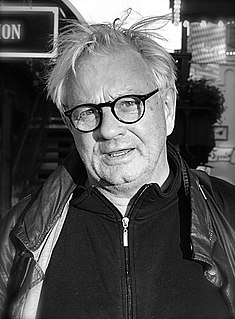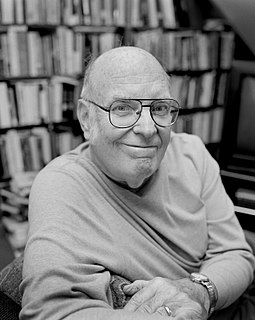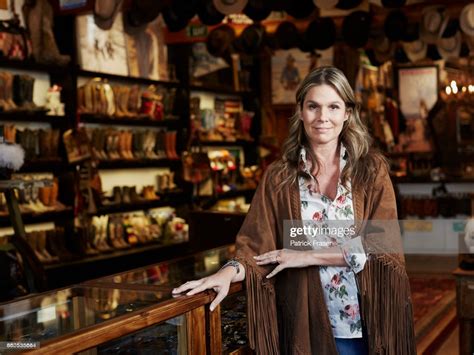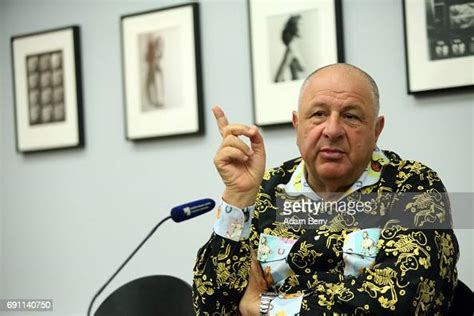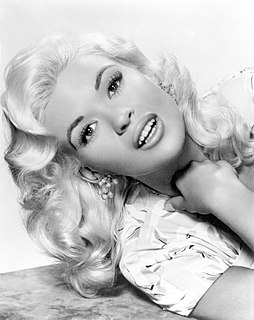A Quote by Claude Chabrol
I like making black and white films in natural surroundings, but I much prefer shooting a color film inside a studio where the colors are easier to control.
Related Quotes
Black is the absence of all color. White is the presence of all colors. I suppose life must be one or the other. On the whole, though, I think I would prefer color to its absence. But then black does add depth and texture to color. Perhaps certain shades of gray are necessary to a complete palette. Even unrelieved black. Ah, a deep philosophical question. Is black necessary to life, even a happy life? Could we ever be happy if we did not at least occasionally experience misery?
I did not move into developing or processing color. I stayed with black and white. I still think to this day that I prefer to work in black and white if it has to do with poetry or anything other than specific reality. I have worked in color when I thought it was the appropriate way to express the thought that I was working on
I did not move into developing or processing color. I stayed with black and white. I still think to this day that I prefer to work in black and white if it has to do with poetry or anything other than specific reality. I have worked in color when I thought it was the appropriate way to express the thought that I was working on.
Nowadays, people shoot digitally and it's all in color, but you press a button and it all goes to black and white. But it's not lit for black and white. So, it's a tricky thing. If you're going do black and white, you better remember to separate things with light, because color ain't gonna be there.

